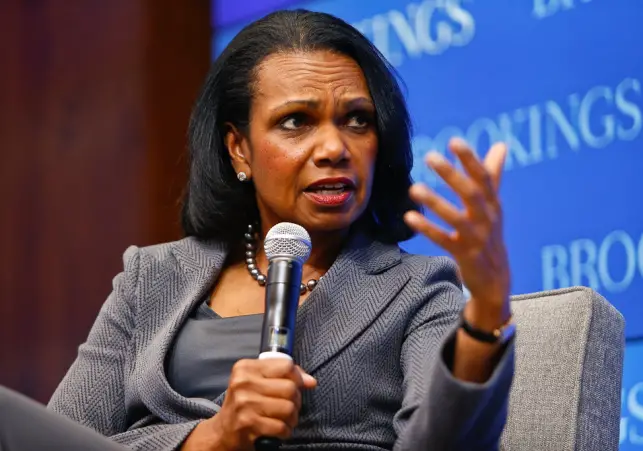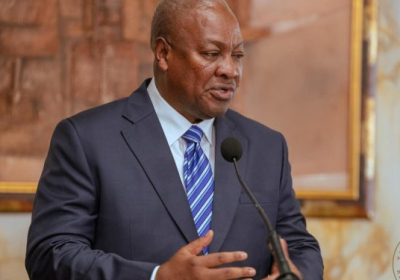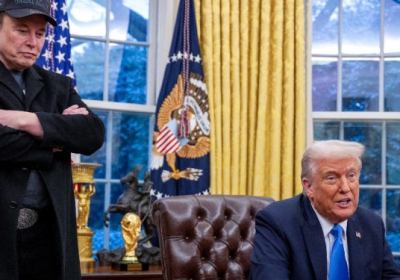A Call to Engagement: Condoleezza Rice on America's Role in the World*

In a recent interview on PBS’ “Firing Line,” former Secretary of State Condoleezza Rice delivered a compelling message regarding the necessity of active U.S. engagement in global affairs. Her remarks resonated deeply amid a growing trend of isolationist sentiment within certain circles of American society. As she discussed her latest essay, Rice emphasized the critical importance of the United States maintaining its role as a dominant global power, cautioning that retreating from the international stage could have dire consequences for both the nation and the world.
Rice began the interview by acknowledging the fatigue that many Americans feel in light of recent challenges, both domestically and abroad. I wish to convey to the American public that I comprehend the prevailing sentiment of fatigue. She made the comment, "We've been through a lot," highlighting the turbulent history of American foreign policy. involvement over the past several decades. From the complexities of the Middle East to the rise of new global powers, she noted that the U.S. has navigated numerous crises that have tested its resolve and influence.
Despite the exhaustion, Rice articulated a compelling argument against the allure of isolationism "However, the United States must embrace its responsibilities as a preeminent power aiming to shape the global order,” she asserted, emphasizing that disengagement from international affairs would not only undermine American leadership but also invite instability.
Delving deeper into the implications of a retreating America, Rice warned against the misconception that the international order could maintain itself without U.S. involvement. Let me get this one thing straight. Some people think we can just avoid the competition, and everything will be OK. "However, major powers really don't care about themselves," she said. In her view, the vacuum left by an absent United States would likely be filled by other nations, notably China and Russia, which do not share American values or interests. “The great powers that would supplant American power are not ones that share our values,” she cautioned, highlighting the potential risks of allowing authoritarian regimes to dictate the terms of global engagement.
As the discussion unfolded, Rice conveyed a sense of urgency about the need for the American public and policymakers to recognize the stakes involved in foreign policy decisions. ““I wish to convey to the American populace that we must rise and re-engage, as too much is at stake for the United States to turn its back on the international system,” she emphasized. Her passionate plea reflected a broader belief that the U.S. must remain a proactive player in global affairs, advocating for democracy and the rule of law while countering aggressive moves from rival nations.
Rice’s insights echoed throughout the political landscape, where debates on national strategy and foreign engagement continue to evolve. The challenge of balancing domestic priorities with international responsibilities remains a pivotal issue for U.S. leaders and citizens alike. Rice’s call to action serves as a reminder that the decisions made today will shape not only America’s future but also the global order for generations to come.
As the interview concluded, Rice left viewers with a profound understanding of the complexities surrounding American foreign policy. In an era marked by uncertainty and shifting power dynamics, her message was clear: the path forward requires engagement, resilience, and an unwavering commitment to upholding the values that have long defined the United States on the world stage.
Through her thoughtful reflections, Rice invites the nation to consider not only what it means to be a superpower but also the responsibilities that come with that status. The choice is not simply about remaining involved or withdrawing; it is about defining what kind of leadership the United States aspires to embody in a rapidly changing world.







